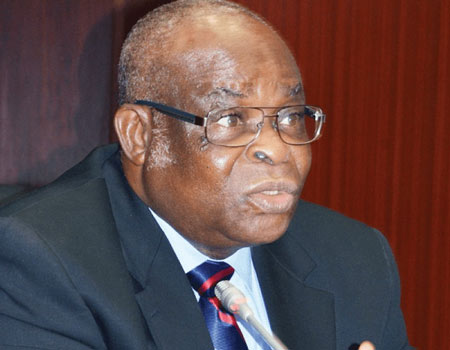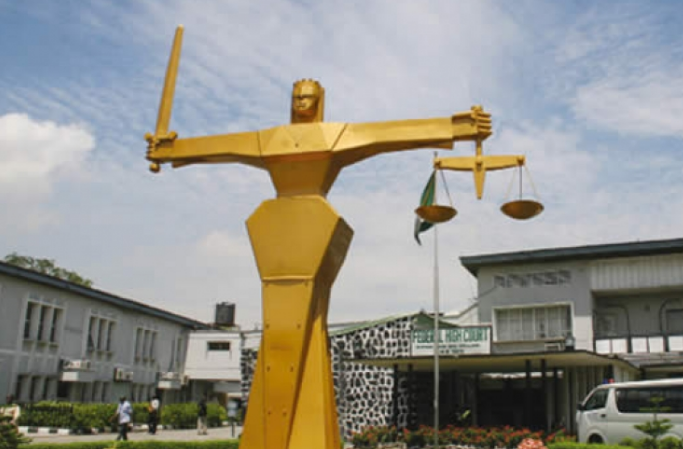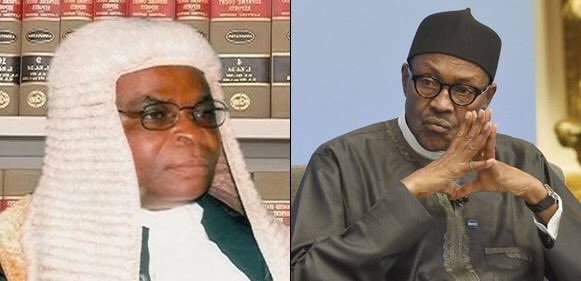Wondering what functions the CJN plays during elections and Why Onnoghen was suspended by Buhari? Find out here.
The Chief Justice of Nigeria or CJN is the head of the third arm of the government in Nigeria – the judicial arm.
The next function of the CJN is that he presides over the country’s Supreme Court which is the highest court in Nigeria whose decisions are final and cannot be challenged.




Thirdly, the CJN presides over the National Judicial Council, performing functions such as advising the president and governors on matters relating to the judiciary and performing disciplinary roles for the Nigerian judiciary system.




More important to note for the CJN at this election period is the fact that the CJN will preside over any Presidential election disputes that may arise, and his judgement will be final.




This leads us to the reason for Onnoghen’s suspension by President Buhari. The president claims there is no political motive behind the suspension but rather a decision requested by the code of conduct tribunal, CCT.
A lot of reactions have trailed this development, including some statements made by international bodies over their concerns of a free and fair election happening this period.
Read also: U.S. questions Buhari’s resolve to conduct free, fair elections
Onnoghen began having issues when it was faulted that he had failed to declare some of his assets, citing claims to lump sums of money in domiciliary accounts credited to his name.





